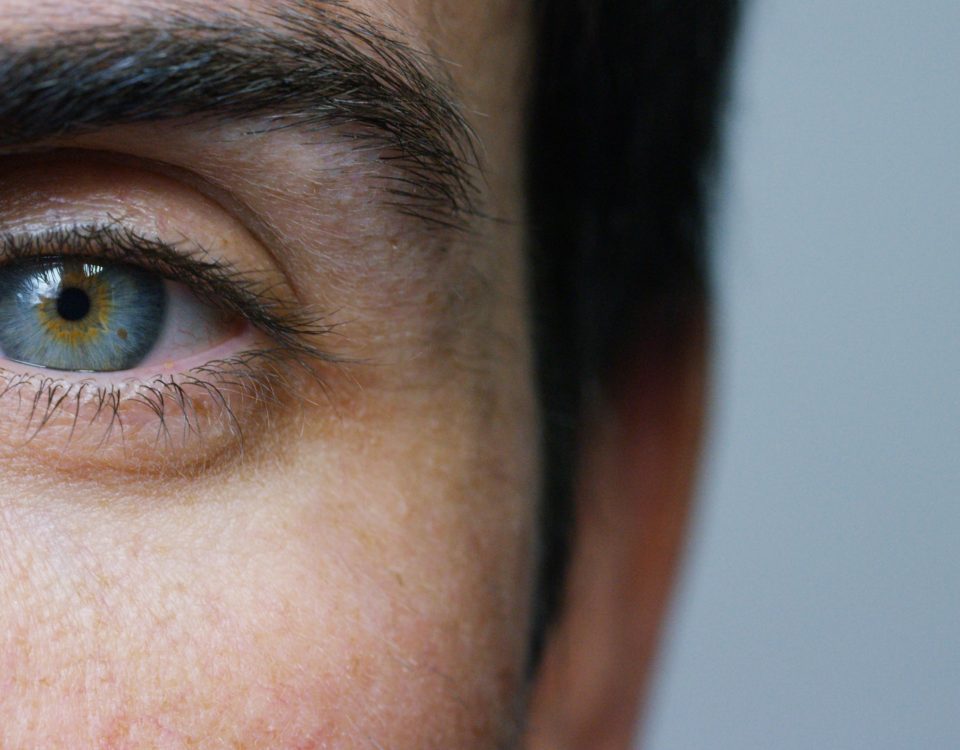3 Ways to Protect Your Eyes If You Have Diabetes

A Spooky Trend: Over-the-Counter Contact Lenses
10/15/2019
Everything You Need to Know About Vaping
11/05/2019Regular eye care and exams are important for all of us, but they are especially vital for those with diabetes. While diabetic retinopathy has always been a concern for those with diabetes, research now indicates that diabetes also increases the risk for other eye conditions, including glaucoma and increased levels of intraocular pressure. This Diabetic Eye Disease Awareness Month, learn about our top tips for healthy eyes!
1. Control your blood sugar.
As all diabetics know, keeping track of your blood sugar levels and A1C is one of the most important aspects of keeping your illness in check. Your blood sugar levels affect your eye health. Frequent highs and lows, as well as abnormal levels, are risk factors for retinopathy. So, keep your levels in your target range and check them frequently. If you are unsure how your habits affect your A1C, schedule an appointment with your general healthcare provider.
2. Get regular eye exams.
While everyone should have yearly eye exams, regular visits are especially important for those managing diabetes. People with diabetes should be screened regularly for diabetic retinopathy and symptoms of glaucoma.
Unfortunately, the American Academy of Ophthalmology notes that up to 60% of diabetic patients skip annual eye exams. The longer you wait to be seen by a doctor, the greater your chances are of asymptomatic eye diseases going undetected and causing problems. If you are experiencing any unusual eye symptoms, such as blurry vision, dark spots, flashes of light, or vision loss, call your ophthalmologist immediately. Catching an eye disease earlier leads to better outcomes, more successful treatment, and healthier eyes.
Furthermore, your eyes don’t float in space. They share the same vascular system with the rest of the body. Early changes spotted in the eyes will likely mimic similar changes in the kidneys, feet, and other parts of the body with blood vessels, which are everywhere. But, the only places where you can see those blood vessels are in the eyes. So early detection of diabetic retinopathy is an early indication that the whole body is experiencing trouble from diabetes—a piece of information that your primary care physician would be very interested in knowing.
3. Protect your eyes.
Those with diabetes should also take regular precautions to protect their eyes from damaging rays. Whenever you go outside, wear sunglasses that block 100% of all UV rays. UV damage is linked to several eye diseases, including cataracts and age-related macular degeneration.
By following these tips, you can manage your eye health most effectively. If you are ready to book your next appointment, call us today. With proper preventative care, we’ll help you maintain healthy vision for life!




